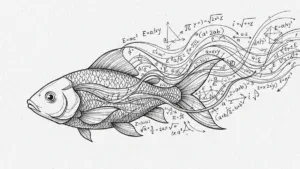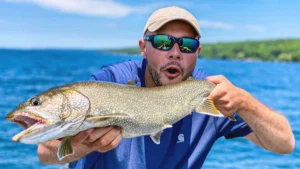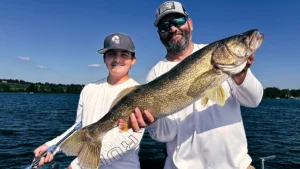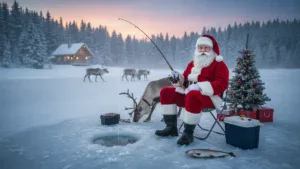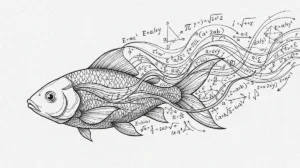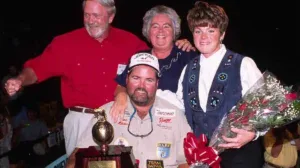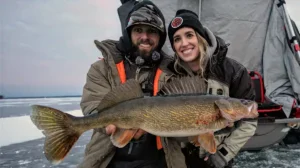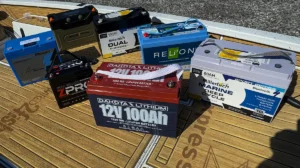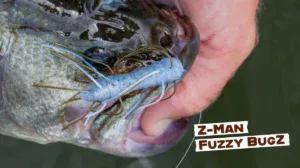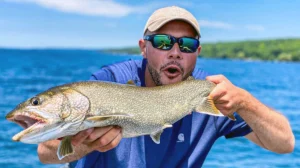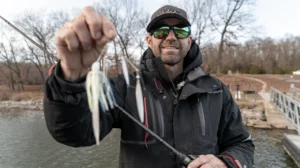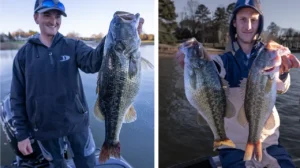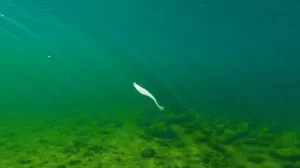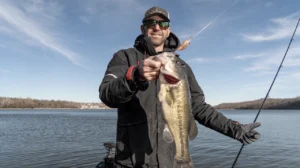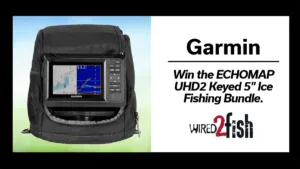I read a statistic recently from Southwick Associates — a research firm specializing in sportfishing — that less than half of all licensed anglers renew their fishing license each year. That figure hit me like a freight train.
My first thought was, “How can this be?” Fishing is like a drug, almost an addiction for some. But looking past the obvious biases for my favorite pastime, it all sort of made sense. I’ve been fishing my entire life, spanning decades in countless places, but many people haven’t or aren’t able to experience that.
An American Sportfishing Association (ASA) study found that the reason people start fishing is for fun, relaxation, socialization, or outdoors experiences. When those initial reasons they tried fishing aren’t satisfied, or a different outdoor activity does satisfy their itch, fishing goes out the window. It’s not even that they dislike the act of fishing, according to the ASA study.
Here’s The Reason Why
Simply put, other outdoor activities are easier to learn, more convenient, or preferred by family and friends.
“Another way of looking at this is a lack of basic fishing skills, not knowing where to fish, and not having someone to fish with are critical problems causing many would-be anglers to find other ways to spend their dollars and time,” said Rob Southwick, of Southwick Associates.
I’d add another one: not knowing what type of gear to use when fishing. How often are you asked by a new angler what rod to buy, what bait or lure to use, or how to set the drag? Even if you don’t have any friends that fish, those types of questions are likely asked on the social media platforms you follow.
The learning curve is steep! Imagine what a brand-new angler must go through: Do I start with spinning or baitcasting gear? What type of fish is that? Can I keep it? How do I tie knots? Why is this string called braid? How do I buy a license? What bait should I use and do I have to touch it? How many lures do I need? When should I use them? Where should I go fishing? Is a boat better? Wait, that’s how much boats cost?
Fishing is hard. So much so that a professional bass angler can compete in a big-league tournament with money on the line and still bring zero pounds to the weigh-in. It happens all the time. I’m starting to wonder how any angler gets into this sport without a parent, grandparent or mentor around to guide them. There’s a reason why anglers tend to pick up fishing at a young age — because that’s when mentorship and guidance most often happens.
Let’s Turn the Tide
The barriers all start to add up.
“Travel distance, not knowing where to fish, and not having someone to fish with are greater barriers for lapsed anglers under 34 years old versus older anglers,” said Southwick. “Females ranked fishing as being more difficult to learn and more expensive compared to other recreational activities.”
It’s truly up to current anglers to bring new and forgotten fishermen back to the water. Becoming a mentor is an obvious choice and an easy thing to say. But not everyone has kids, grandkids, nieces or nephews to take under their wing. And yet the act of taking someone fishing — when an experienced angler can teach the sport and put some fish in the cooler — is likely the most crucial step. Developing a fishing program in your area or joining a local fishing club might also be a worthy route in finding folks young and old interested in fishing.
Your golfing buddies on Sunday? Your neighbor you talk shop with? It could be a coworker who’s tired of the daily grind. Take them on their first-ever trip for smallies, or maybe catch a bunch of perch and fry them up.
Something that Affects All Anglers
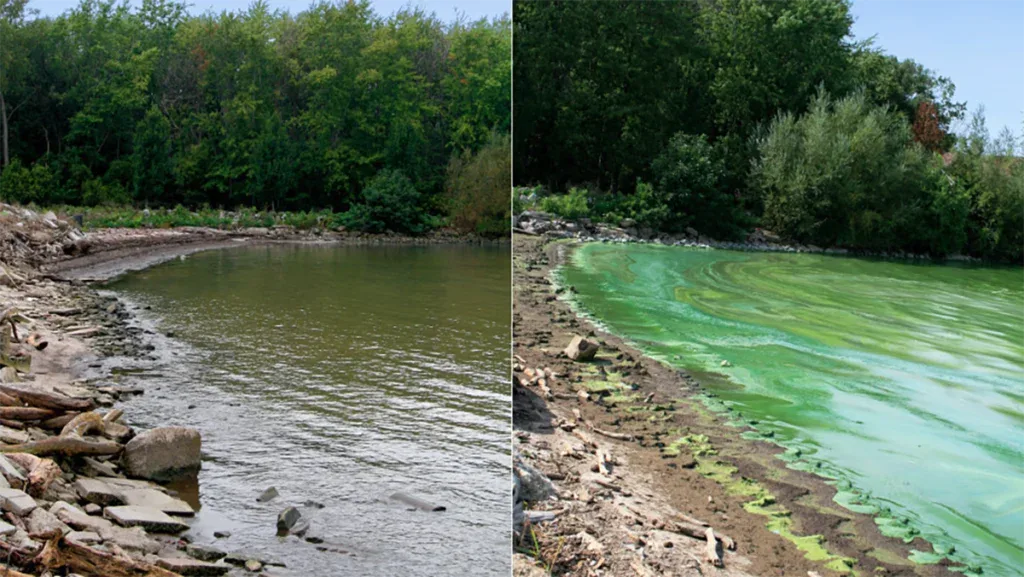
A significant, yet often overlooked, barrier to angling across the country is the declining health of the very waters we fish. Today’s lakes, rivers, and streams are under constant threat from pollution, unchecked development, and the privatization of shorelines (especially beaches). Polluted waterways are the elephant in the room that directly limits participation in the sport. It doesn’t matter the state or county; nearly every angler is now likely to fish a body of water that is in jeopardy.
My home state of Florida serves as a stark case study. Overdevelopment has led to increased flooding, which channels a toxic cocktail of street chemicals directly into local waterways with every storm. This problem is compounded by aging municipal infrastructure, where frequent sewage leaks release polluted runoff into our ecosystems. As a result, Florida is home to some of the nation’s most degraded waterways, a predictable and tragic outcome of insufficient environmental oversight.
At the heart of this degradation is nutrient pollution. Runoff from lawns, industry, and agriculture drains nitrogen, phosphorus, and other harmful chemicals into our lakes and rivers. This overload, with extra help from leaky septic tanks and persistent stormwater, acts as a catalyst for environmental destruction. The consequences are devastating: massive algae blooms, widespread fish kills, cloudy water, and bottoms choked with muck. This creates a hazardous environment that no angler or boater wants to experience.
Ultimately, the future of productive fishing depends on our collective will to address water and habitat degradation. I believe it is crucial to support political leaders at every level—local, state, and national—who advocate for cleaning our waters and fight for continued public access. Restoring our waterways is not just an environmental issue; it’s the only way to ensure healthier fish populations and secure a vibrant future for the next generation of anglers.


